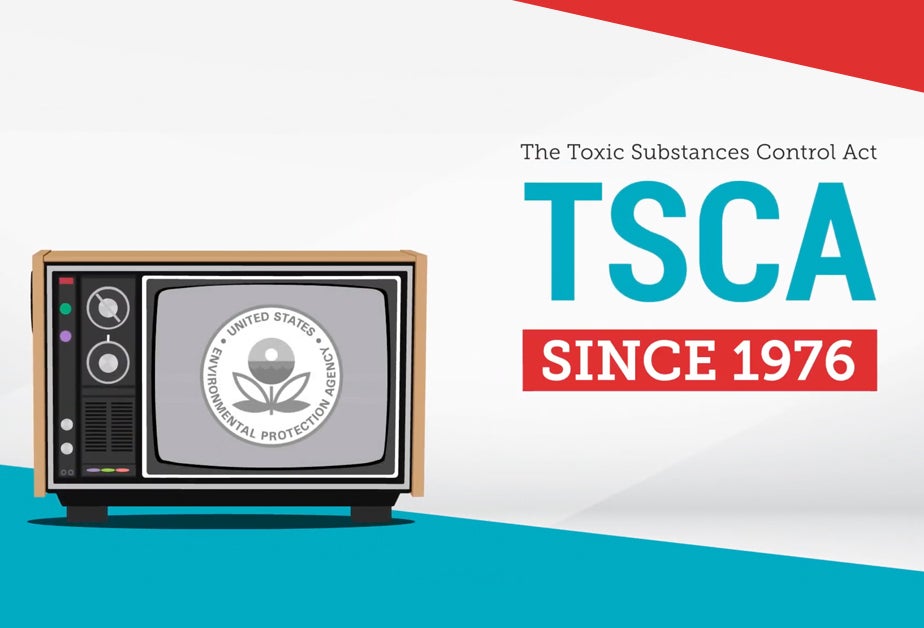The Toxic Substances Control Act (TSCA) came into force in 1976, but it had a marked impact on the U.S. regulatory landscape in 2021. Why? After being recast by Congress in 2016, the U.S. Environmental Protection Agency (EPA) received a mandate to strengthen TSCA, bringing it more in line with legislation like the Registration, Evaluation, Authorisation, and Restriction of Chemicals (REACH) Regulation.
Since that time, the EPA has been evaluating many substances for possible restriction. New rules announced in January 2021 give the first glimpse of how those restrictions will be implemented.
What is TSCA, and why is everyone talking about it? We breakdown the newest requirements for companies
The Toxic Substances Control Act, or TSCA, has regulated the use of chemicals in U.S. commerce for over forty years, so why is everyone talking about it now?
On January 6, 2021, the Environmental Protection Agency, or EPA, announced the first five new substance restrictions under Section 6 of TSCA. Historically, the act has dealt primarily with raw chemicals and rarely impacted finished goods. Not so with the new rules.
Nearly any product entering or already in the U.S. market is subject to the TSCA restriction requirements. The new rules also carry aggressive deadlines for compliance and new obligations. Already, manufacturers need to identify the presence of the named substances and communicate this to customers.
Many widely used products are at a high risk for containing the restricted substances, including wire sheathing, electronic components, and lubricant. Eventually, these products will be removed from the market, which could lead to expensive supply chain disruptions. Identifying them now can save millions of dollars down the road.
While the latest updates to the act have already had a big impact, TSCA isn’t finished evolving yet. New substances are likely to be added to the restricted list, with 10 more expected by early 2022.
To top it off, the EPA has stepped up enforcement in recent years, issuing over $5 billion in fines in 2019 alone.
To identify restricted substances and avoid non-compliance risks, companies will require accurate data from suppliers deep in their supply chain.
Assent automates supply chain data collection, validation, and management and leverages configurable reports and intelligent dashboards that allow companies to identify risks sooner and take action.
To learn how Assent can help you meet your new TSCA requirements, contact us today.
If you’re looking for more information on TSCA, don’t miss our upcoming webinar, TSCA Restrictions Update: Preparing for the Future.










